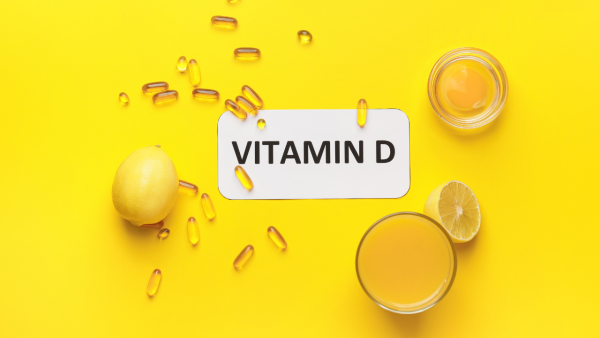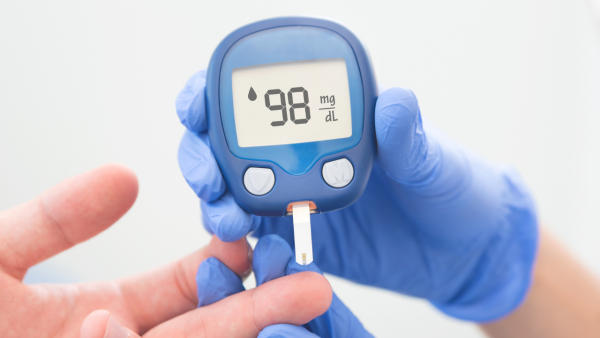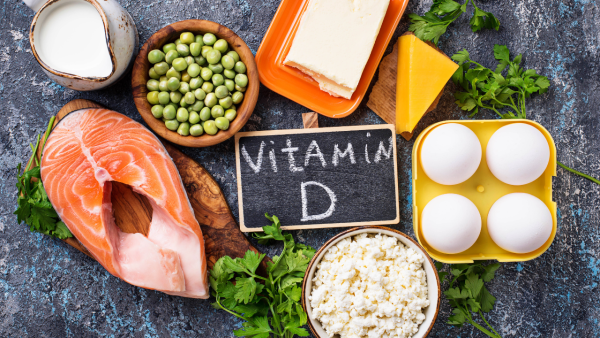Insulin resistance is often the silent precursor to Type 2 diabetes. While major risk factors like poor diet, lack of exercise, and central obesity are well known, emerging research suggests that a less obvious but widespread culprit could be undermining the efforts to keep blood sugar in check. This link has been confirmed in cross‑sectional population studies, mechanistic lab research, and even animal models, which together suggest a potential link. Surprisingly, the factor in question is the ‘sunshine vitamin’ or vitamin D .
Why vitamin D matters for insulin resistance

Studies suggest, apart from their role in bone health, Vitamin D also has several important roles in how the body handles insulin and glucose. Large human studies show that lower vitamin D status is strongly associated with insulin resistance.
A from Tehran, conducted on 2,160 participants found that lower vitamin D levels are strongly linked with higher insulin resistance.
In another , researchers gave vitamin D to vitamin-D–deficient, insulin-resistant overweight/obese people. They found that vitamin D reduced inflammation and fibrosis in fat tissue, and improved insulin sensitivity.
of multiple studies also establish that individuals with obesity, metabolic syndrome, or Type 2 diabetes often have lower vitamin D levels than healthy controls.
 How vitamin D could improve insulin sensitivity
How vitamin D could improve insulin sensitivity
Researchers have identified multiple ways vitamin D helps improve insulin sensitivity.
- Enhances insulin signaling in cells
- Supports insulin production in the pancreas
- Reduces inflammation
- Improves fat tissue function
- Supports healthy immune and hormonal environment
Better vitamin D absorption to improve insulin resistance
Take vitamin D with dietary fat
Because vitamin D is fat-soluble, taking it with a meal that contains some fat can improve absorption. A found that absorption of vitamin D₃ increased by about 32% when taken with a fat-containing meal, compared to a fat-free meal.
Ensure adequate magnesium intake
Magnesium is a key cofactor for vitamin D metabolism. A found that supplementing magnesium alongside vitamin D raised serum 25‑hydroxyvitamin D (25‑OH‑D) more than vitamin D alone.
Pair vitamin D with vitamin K2
A clinical in people with Type 2 diabetes showed that combined D₃ + K₂ supplementation significantly reduces insulin resistance compared to baseline.
 Vitamin D: Dosage, testing, and lifestyle tips
Vitamin D: Dosage, testing, and lifestyle tips
To get the best benefits of vitamin D for insulin sensitivity, it’s important to combine safe intake with lifestyle measures.
To optimize vitamin D for insulin sensitivity, adults generally require 1,500–2,000 IU/day for maintenance, while higher doses may be needed to correct deficiency, but only under doctor supervision. Simple lifestyle measures like spending 10–20 minutes in the sun, consuming vitamin D-rich foods (fatty fish, eggs, fortified dairy), and engaging in regular physical activity can boost vitamin D and support insulin function and overall metabolic health.
Disclaimer: This article is for informational purposes only and is not a substitute for professional medical advice, diagnosis, or treatment. Always consult a qualified healthcare provider. Individual vitamin D needs may vary based on age, weight, medical history, and lifestyle.



